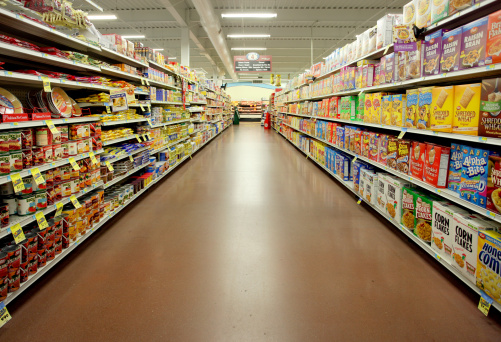In a strong indication that U.S. economic recovery from the Covid-19 pandemic is faltering, the Commerce Department reported Wednesday that Americans spent less on basic retail purchases in August.
The downturn was unexpected and troubling, economists say.
The main reason for the spending decline is that Congress has failed to extend benefits for nearly 30 million jobless workers, most of them left unemployed by the health crisis.
“Consumers are being increasingly cautious with their spending,” Gregory Daco, chief U.S. economist at Oxford Economics in New York, told Reuters.
“If Congress is unable to extend fiscal aid to households in the coming weeks, the economy will be particularly susceptible to a cutback in consumer spending, especially from the lowest-income families,” Daco said.
“Retail sales excluding automobiles, gasoline, building materials and food services [like restaurants] dipped 0.1% last month after a downwardly revised 0.9% increase in July,” Reuters says.
The rise and fall of such core retail sales correspond closely with consumer spending, which accounts for more than two-thirds of the U.S. economy.
U.S. manufacturing also slowed last month.
Services, including health care, education, travel and hotels, have been hardest hit by the coronavirus; spending on services remains about 10% below the pre-pandemic level, Reuters says.
The Commerce Department report “followed data this month suggesting the labor market was losing speed after astounding employment gains in May and June as businesses reopened after being shuttered in mid-March to control the spread of the coronavirus,” CNBC reported.
The report and other indications of a slowdown in consumer spending will increase the pressure on the White House and Congress — the Democratic-led House, especially — to restart their negotiations for a new stimulus package.
